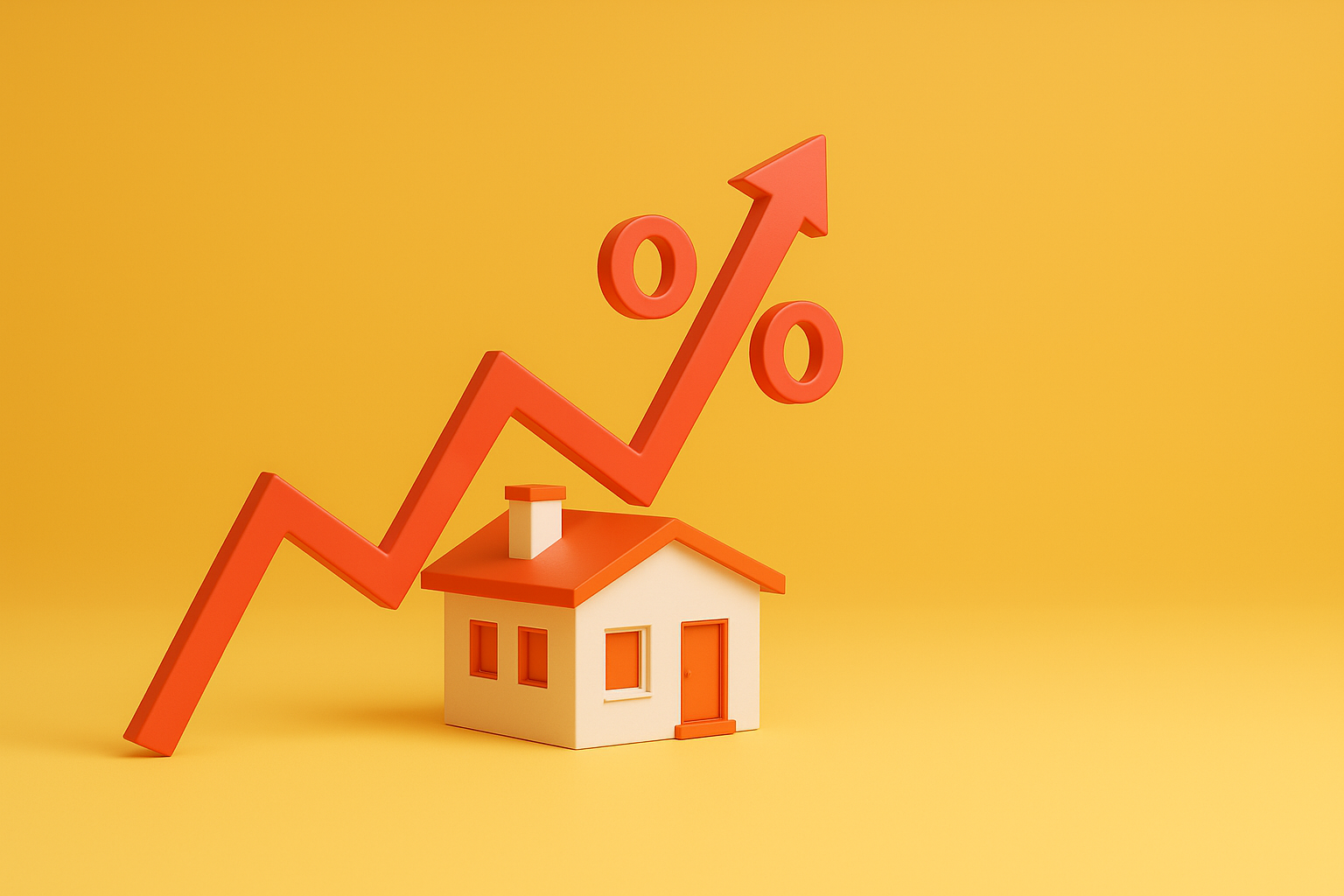
How Your Credit Score Affects Your Mortgage Rate
Disclaimer: The information provided in this article is for general informational purposes only and does not constitute financial, legal, or mortgage advice. Always consult with a licensed mortgage professional or financial advisor regarding your individual situation. Credit score ranges and examples are for illustrative purposes only.
Your credit score is one of the most important factors lenders consider when you apply for a mortgage. It not only affects whether you'll qualify for a loan, but also has a big impact on the interest rate you'll pay—and that can mean tens of thousands of dollars over the life of your loan.
What Is a Credit Score?
A credit score is a number that represents your creditworthiness—basically, how likely you are to repay borrowed money. The most common type is the FICO score, which ranges from 300 to 850. Higher scores show lenders you're a lower risk.
How Does Your Credit Score Affect Your Mortgage?
- Higher scores mean lower interest rates: Lenders offer their best rates to borrowers with excellent credit (typically 760+).
- Lower scores can mean higher rates or even denial: If your score is too low, you may only qualify for higher rates, special programs, or not be approved at all.
- Your rate = your total cost: Even a small difference in interest rates can add up to big savings (or costs) over a 15- or 30-year loan.
Example: How Credit Score Impacts Mortgage Payments
Let's say you're applying for a $350,000, 30-year fixed-rate mortgage. Here's how your monthly payment might change based on your credit score:
| Credit Score | Estimated Interest Rate | Monthly Payment (Principal & Interest) | |--------------|------------------------|----------------------------------------| | 760–850 | 6.25% | $2,155 | | 700–759 | 6.5% | $2,212 | | 660–699 | 6.9% | $2,301 | | 620–659 | 7.5% | $2,447 |
Over 30 years, the difference between top and mid-level scores could cost you more than $100,000 in extra interest!
What Affects Your Credit Score?
- Payment history: On-time payments have the biggest impact.
- Credit utilization: How much of your available credit you're using.
- Length of credit history: Older accounts help your score.
- Types of credit: A mix of credit cards, loans, etc.
- Recent inquiries: Opening many new accounts in a short time can lower your score.
Tips to Improve Your Credit Before Applying for a Mortgage
- Check your credit reports: Look for errors and dispute them.
- Pay bills on time: Even one missed payment can hurt your score.
- Pay down debt: Lowering balances improves your utilization ratio.
- Avoid opening new accounts: Especially in the months leading up to your application.
Final Thoughts
A higher credit score gives you more options and saves you money when buying a home. Start working on your credit as early as possible—even small improvements can make a big difference.
Want to see how different rates affect your monthly payment?
Try our mortgage calculator now!
Have more questions? Explore our blog for more homebuying tips and credit advice.